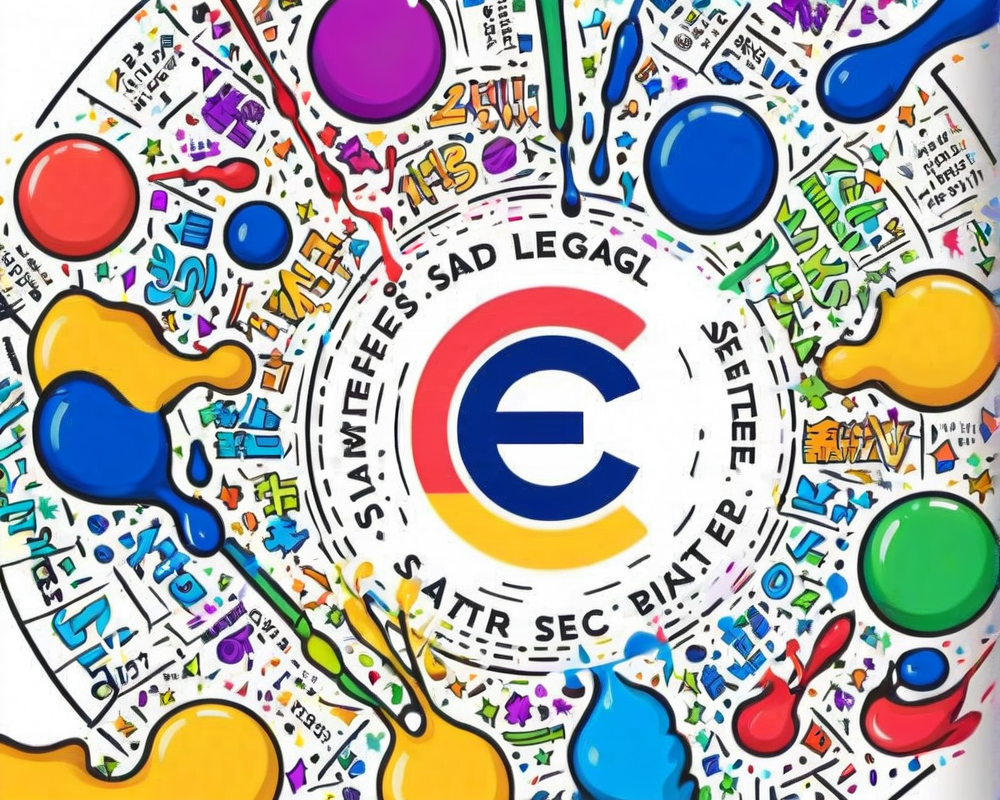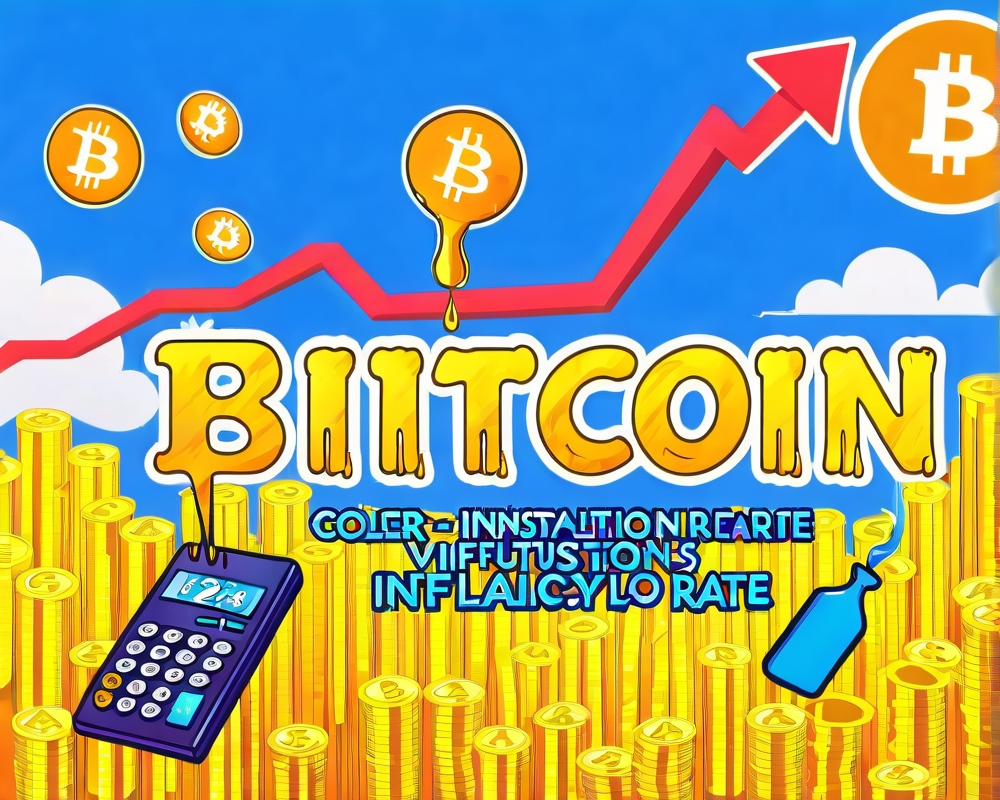Ripple vs. SEC: The Current State of Affairs
In the eye of a regulatory storm, Brad Garlinghouse, the daring captain of Ripple Labs, is steering the ship through the choppy waters of the SEC’s inconsistent policies. Garlinghouse spoke out at the Collision conference in Toronto, where he laid bare his grievances against the Selvedge of Securities and Exchange Commission. In what has become the high-profile legal tussle of the crypto world, Garlinghouse didn’t hold back discussing Ripple’s fight with the SEC.
Allegations of Inconsistency
At the heart of this legal brawl lies the SEC’s claim that Ripple’s executives were conducting an “unregistered, ongoing digital asset securities offering” via XRP token sales. However, Garlinghouse pointed out a glaring contradiction: the SEC approved Coinbase’s public offering even when it was dealing with the same XRP. “It’s almost like the SEC can’t figure out if it’s left hand or right hand,” he quipped. Talk about a tangled web of regulations!
A Call for Clarity in Regulations
Garlinghouse expressed frustration over the SEC’s “regulation through enforcement” approach. Instead of cutting through the regulatory mess to establish clear rules, the SEC appears to be throwing punches in the dark, leaving innovation gasping for breath. According to him, this oversight leaves U.S. companies like Ripple in limbo and potentially looking for greener pastures abroad.
The Future of Crypto Regulation
With Ripple’s head honchos, including co-founder Chris Larsen, also vocalizing dissatisfaction, the tide seems to be turning against U.S. regulators. In fact, Larsen previously floated the idea of Ripple relocating operations beyond U.S. borders. The case at hand could dictate the future of crypto regulation in America as the tension rises between innovation and legal strictures. Are regulatory burdens pushing crypto firms to other countries? (Hint: It just might!)
A Perspective on Volatility
Addressing the skeptics, Garlinghouse clarified, “Crypto is not the Wild West.” He argues that every asset class carries volatility and it shouldn’t fall on regulators to define how that volatility is managed. A fair point, given that all markets experience their share of ups and downs. So, can we at least agree that the crypto world isn’t just a lawless frontier?
The Road Ahead: Ripple and SEC
As the legal drama unfolds, the big question remains: what will the outcome mean for the future of cryptocurrencies in America? With every development in the courtroom, the stakes heighten, and the crypto community holds its breath for a verdict that might set a new precedent in regulatory practices.




